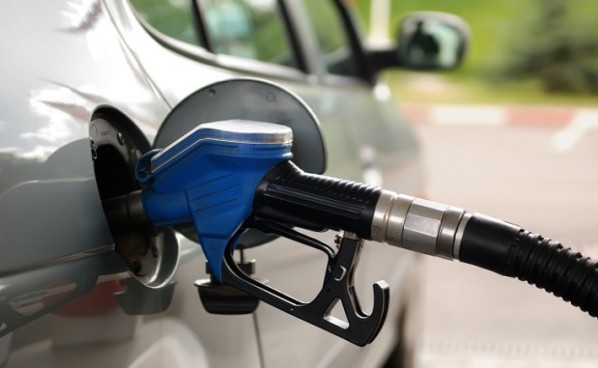Nigeria tops Africa’s petrol imports with 6bn litres in 2015

THE Nigerian National Petroleum Corporation (NNPC) has said that the country imported 6.2bn litres of premium motor spirit (PMS) popularly known as petrol, last year to remain one of Africa’s highest petrol importers.
The imports were made through the Offshore Processing Arrangements (OPA), a system whereby NNPC allocates more than 200,000 barrels of crude oil to another party who would refine abroad and then return the refined products to NNPC.
Africa’s most advanced economy, South Africa, is nowhere close to Nigeria in terms of imports of petroleum products. South Africa imports around 2 billion to 3 billion litres of PMS every year, according to data from the South Africa’s Department of Energy. The document revealed that Import rise yearly as the country’s refineries are unable to meet growing demands.
NNPC, in its financial and operations report for 2015, revealed that a total of 7.7bn consisting 6.2bn litres of PMS and 1.5bn litres of dual purpose kerosene were imported into the country last year. The highest imports for the year were in March and December when the corporation imported close to 1 billion litres of PMS to quell the scarcity that hit the country at those periods.
The report revealed that a total 977m litres of PMS was imported in December, while 928m litres was shipped to Nigeria in March.
Despite being Africa’s top crude oil producer, Nigeria imports more than 80 per cent of its petroleum products because of its low domestic refining capacity
Meanwhile, the NNPC has disclosed that the country’s refineries are expected to restart operations before the end of the month, after attacks on their feedstock pipelines forced their closure in January.
The Executive Director, Refining and Technology Dennis Ajulu, who stated this in Abuja, said the company halted crude flows to the refineries around mid-January after the key pipelines feeding the plants were attacked. The refineries were then shut down a few days later.
He said that the 150 000 barrel per day Port Harcourt Refinery, is expected to restart its crude distillation unit in the weeks ahead, after receiving crude supplies by sea to be followed by a resumption in pipeline supplies. He revealed that the refinery has been able to produce gasoline from its fluid catalytic converter.
The Kaduna refinery, which can only operate one of its two crude distillation units for now, also receives its feedstock via the Warri plant.
Owing to years of neglect, the refineries have always had supply problems due to attempts to steal oil via pipeline taps. It forced the corporation to switch to expensive crude deliveries by sea that cost more than $7 per barrel.
President Muhammadu Buhari’s keen effort to revamp the refineries in order to save the country the pain of fuel imports is being threatened by the return of some militancy in the oil-rich Niger Delta region which could scupper the plans if the pipelines become regular targets.









0 Comments